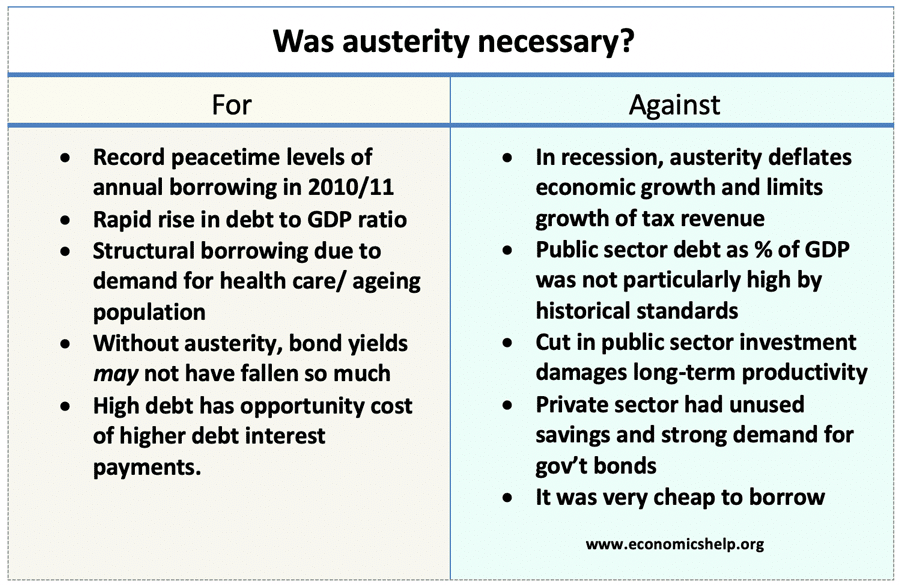A short note on Greece
Just a short note on Greece because at the moment I’m concentrating on writing revision guides. For several years I have felt that Greece would be better off to leave the Eurozone. This is partly due to economics, but also partly an intuition – that there is no greater recipe for political disaster than having …

